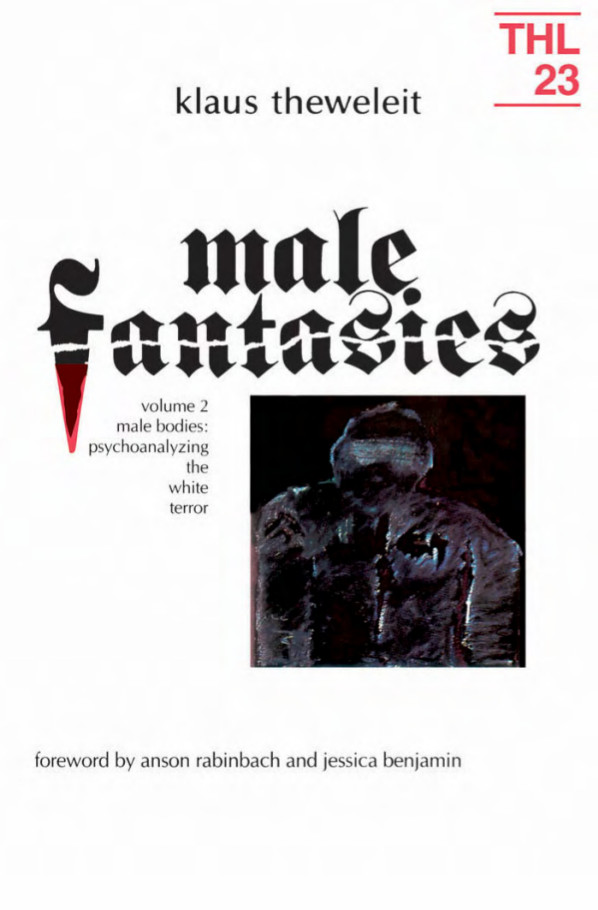Michael Kinsella: Legend-Tripping Online: Supernatural Folklore and the Search for Ong’s Hat (2011)
Filed under book | Tags: · conspiracy, fantasy, folklore, internet, mail art, noosphere, occultism, paranormal

“On the Internet, seekers investigate anonymous manifestos that focus on the findings of brilliant scientists said to have discovered pathways into alternate realities. Gathering on web forums, researchers not only share their observations, but also report having anomalous experiences, which they believe come from their online involvement with these veiled documents. Seeming logic combines with wild twists of lost Moorish science and pseudo-string theory. Enthusiasts insist any obstacle to revelation is a sure sign of great and wide-reaching efforts by consensus powers wishing to suppress all the liberating truths in the Incunabula Papers (included here in complete form).
In Legend-Tripping Online, Michael Kinsella explores these and other extraordinary pursuits. This is one of the first books dedicated to legend-tripping, ritual quests in which people strive to explore and find manifest the very events described by supernatural legends. Through collective performances, legend-trippers harness the interpretive frameworks these stories provide and often claim incredible, out-of-this-world experiences that in turn perpetuate supernatural legends.
Legends and legend-tripping are assuming tremendous prominence in a world confronting new speeds of diversification, connection, and increasing cognitive load. As guardians of tradition as well as agents of change, legends and the ordeals they inspire contextualize ancient and emergent ideas, behaviors, and technologies that challenge familiar realities. This book analyzes supernatural legends and the ways in which the sharing spirit of the Internet collectivizes, codifies, and makes folklore of fantastic speculation.”
Publisher University Press of Mississippi, 2011
ISBN 1604739843, 9781604739848
208 pages
review (David J. Puglia, Journal of Folklore Research)
review (Óli Gneisti Sóleyjarson, Folklore)
Legend tripping at Wikipedia
Klaus Theweleit: Male Fantasies, 2 vols. (1977-78/1987)
Filed under book | Tags: · fantasy, fascism, literature, men, military, nazism, psychoanalysis, sex, sociology, women


These two volumes center upon the fantasies that preoccupied a group of men who played a crucial role in the rise of Nazism. Theweleit draws upon the novels, letters, and autobiographies of these proto-fascists and their contemporaries, seeking out and reconstructing their images of women.
“Theweleit’s study of the fascist consciousness in general and the bodily experience of these former soldiers in particular, easily detected in their hatefilled, near-illiterate books, was well received. Theweleit used Wilhelm Reich, Gilles Deleuze and Félix Guattari for his basic theory, but also empirical research, especially of the leading German left-wing historian of Weimar unrest, his friend Erhard Lucas and he was always discussing his findings with his wife, who has professional clinical experience. Theweleit writes in an anti-academic, highly personal style.” (from Wikipedia)
Heavily illustrated with cartoons, advertisements, engravings, and posters of the era.
Volume 1: Women Floods Bodies History
Originally published as Männerphantasien, Bd 1: Frauen, Fluten, Körper, Geschichte, Roter Stern, 1977
Translated by Stephen Conway, in collaboration with Erica Carter and Chris Turner
Foreword by Barbara Ehrenreich
Publisher University of Minnesota Press, 1987
ISBN 0816614482
517 pages
Volume 2: Male Bodies: Psychoanalyzing the White Terror
Originally published as Männerphantasien, Bd 2: Männerkörper. Zur Psychoanalyse des Weißen Terrors, Roter Stern, 1978
Translated by Erica Carter and Chris Turner, in collaboration with Stephen Conway
Foreword by Anson Rabinbach and Jessica Benjamin
Publisher University of Minnesota Press, 1987
ISBN 0816614504
507 pages
wikipedia (in German)
publisher (Vol. 2)
google books (Vol. 1)
google books (Vol. 2)
Volume 1 (15 MB, updated on 2014-12-7)
Volume 2 (37 MB, updated on 2014-12-7)
Terry Castle: The Female Thermometer: Eighteenth-Century Culture and the Invention of the Uncanny (1995)
Filed under book | Tags: · 1700s, fantasy, gender, hallucination, masquerade, phantasmagoria, sexuality, travesty, uncanny

The work of leading scholar Terry Castle, called by the New York Times “always engaging…consistently fascinating,” has helped to revolutionize thinking about lesbian studies and eighteenth-century literature. Reenvisioning the era as peculiarly alive with complexity, in which gender, sexuality, and culture are in constant flux, she offers provocative new theories on culture and sexual identity.
This collection offers several of Castle’s liveliest essays on female identity from the eighteenth century to the early twentieth century. Throughout the book are woven themes which are constant in Castle’s work: fantasy, hallucination, travesty, transgression, and sexual ambiguity. Like the mythical thermometer of the title, which was purported to measure female lasciviousness, literature is filled with devices for quantifying elements of women’s nature and sexuality which are hard to define–or uncomfortable to confront. Looking at images that mask or mystify female nature, like the masquerade or ghosts, these essays offer a challenging look at a fascinating range of issues involved in the exploration of gender studies.
The inaugural volume in Oxford’s Ideologies of Desire, The Female Thermometer foreshadows the thought-provoking and forward-looking nature of the books that will make up the series. Its revisionist version of eighteenth-century life will intrigue all those concerned with cultural studies and issues of gender relations throughout history.
Publisher Oxford University Press, 1995
Ideologies of Desire series
ISBN 019508098X, 9780195080988
288 pages

